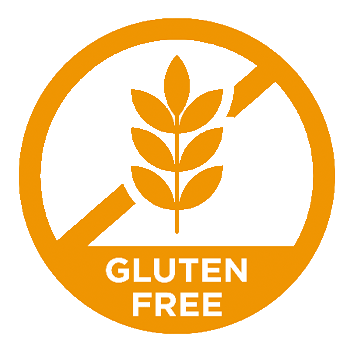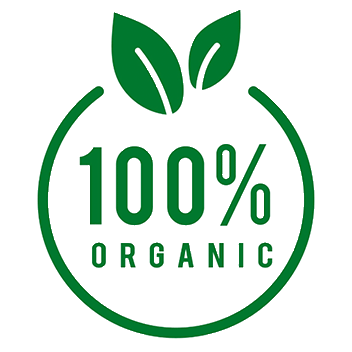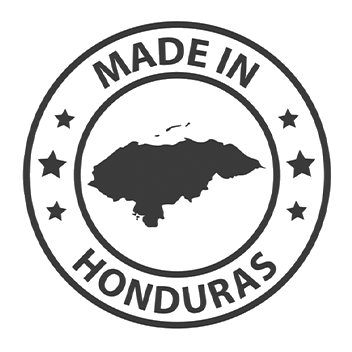Soil Rotation
We practice crop rotation to maintain soil health and prevent the buildup of pests. This method helps avoid the need for chemicals and pesticides by reducing pest hosts and preventing soil degradation.
EPA-APPROVED PRODUCTS
When pest problems arise, we use EPA-approved products and perform night fumigations to protect bees, as they pollinate during the day.
ENVIRONMENTALLY FRIENDLY PEST CONTROL PRACTICES
We implement eco-friendly pest control methods for all our crops, such as mechanical traps and pest tractors. We also place plastic containers filled with molasses throughout the crops, trapping pests as they are drawn to the containers.
WATER-SAVING IRRIGATION SYSTEMS AND HIGH-EFFICIENCY WATER CONSUMPTION TECHNIQUES
We primarily use drip irrigation systems, which efficiently reduce water waste by directing water straight to the plants. We also employ techniques to monitor irrigation needs and the soil’s field capacity, ensuring we irrigate only when necessary. This approach allows us to make the most of water reserves gathered from rainfall.
PLANNING AND ADHERENCE TO GAP AND GMP MANUALS UNDER THE ISO 9001:2001 QUALITY MANAGEMENT SYSTEM
We maintain manuals for Good Agricultural Practices (GAP) and Good Manufacturing Practices (GMP), along with a Biological Traceability Manual and an ISO 9001:2001 Quality Management Manual specific to agriculture. We systematically record every step, from seed production to harvesting, packaging, and the export of our products.










